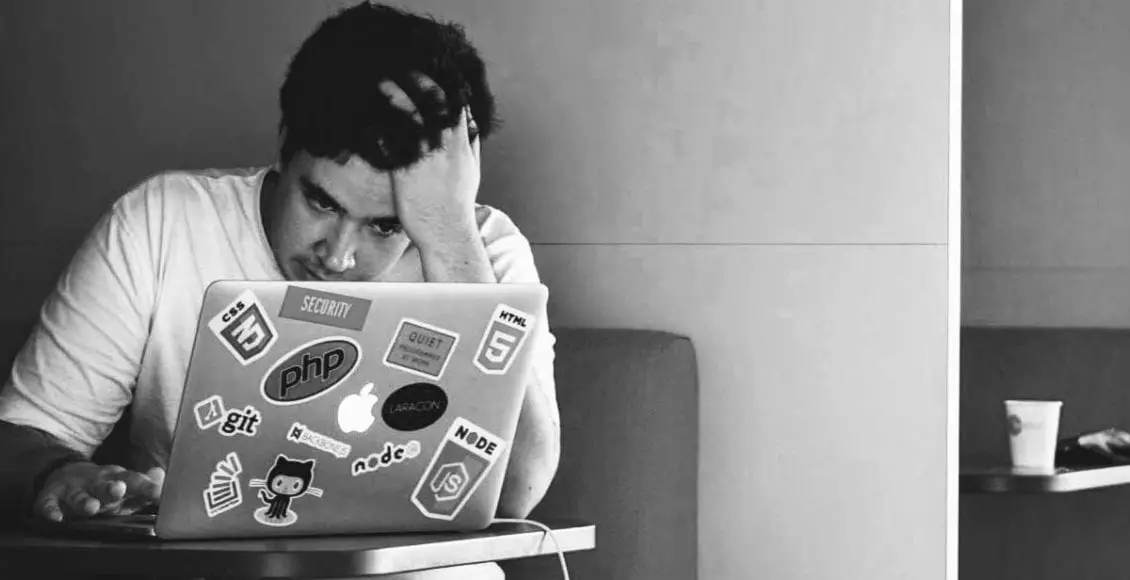Today, young people around the world literally live online. Their smartphones or tablets have become an inseparable part of their lives.
So much so that many of us do not even think of the amount of time they spend on social media such as Facebook, Twitter and Instagram all the time.
Having said that, I must admit that…
Technology can be a great thing.
After all, had it not been for the countless scientific innovations which have been discovered and implemented over the years, modern conveniences such as the automobile, the internet, or the medicines that keep us healthy would not have been possible.
Over the past decade, technology has also brought us closer together. The Internet has single-handedly made the world a smaller place, uniting people of all nations and languages, and giving everyone a platform where they can have their voice heard.
Indeed, technology has done some amazing things, but it has a dark side which is only just being explored. And with our children being introduced to technology at an early age, it’s important that we’re made aware of the dangers that such exposure entails.
Information overload
There’s a growing body of evidence to suggest that information overload is having a profound effect on the way in which we digest information, as well as on our shopping habits. Is this such a bad thing?
Well, yes. Information overload can put enormous pressure on human brain. Since our brains are constantly working to process and systematize information, receiving too much new data at a time can force it into overdrive.
As a result, our concentration level and cognizant abilities become significantly lower. Common symptoms of information overload include fatigue, forgetfulness, and, in more and more common occurrences, burnout.
The information that is constantly bombarding us comes from a number of different sources on the Internet including social media and news outlets. Since content is king, many websites make loads of cash by keeping readers hooked to the new and exciting stuff that they upload all the time.
Nowadays, social journalism, blogging, and vlogging have become industries worth billions of dollars. If this sounds too far fetched, you can check this out and see for yourself.
The situation has become so serious that psychologists are warning users against the effects of information overload and suggesting that it’s high time we took a digital detox. The reason has to do with information overload potentially contributing to everyday stress and mental health issues.
Social media can make you feel lonely
It’s paradoxical. Social media should be bringing us together, but instead they are pushing us further apart. What have social networks given us? Facebook, Instagram and Twitter have given us the remarkable ability to follow our friends no matter how far away they are.
Strange as it may sound, this “over-connectedness” makes more and more young people feel lonely and depressed. The reason has to do with what they see online. Most of our online friends tend to upload only the happiest and brightest moments of their life, creating the impression that they have a life to die for.
By letting us have a glimpse at their best moments, our online peers create an alternative social reality that has nothing to do with the dull mundanities of everyday life.
Consequently, people end up comparing their lives with the glamorous photos and posts they see on social media. They start feeling depressed and out of place. It is as if they are lagging behind their friends and can never catch up with their rich social life.
In view of the abovementioned, we can fairly assume that social media create rather unrealistic expectations as to what exactly our life should be like. These, in turn, can lead to anxiety, inadequacy and self-loathing.
In addition, there is the pressure of the social stereotypes we’ve got to abide by – looking good, performing well at work and at school, being super tolerant and, in general, being likable. It thus becomes clear that social media can be quite harmful, if we begin to identify with all of the people and places we see there.
Taking care of yourself
Now that we know about the risks of getting too involved with social media, it seems that the easiest solution would be to just go offline for a little while, or at least try to spend less time online.
This is easier said than done, as technology is creeping further and further into our lives. Yet, we have some quite prominent examples to follow. According to UK’s online magazine The Week, US singer Ariana Grande and rap star Kanye West have both taken long breaks from all social media and have both admitted that this decision has massively improved their lives.



